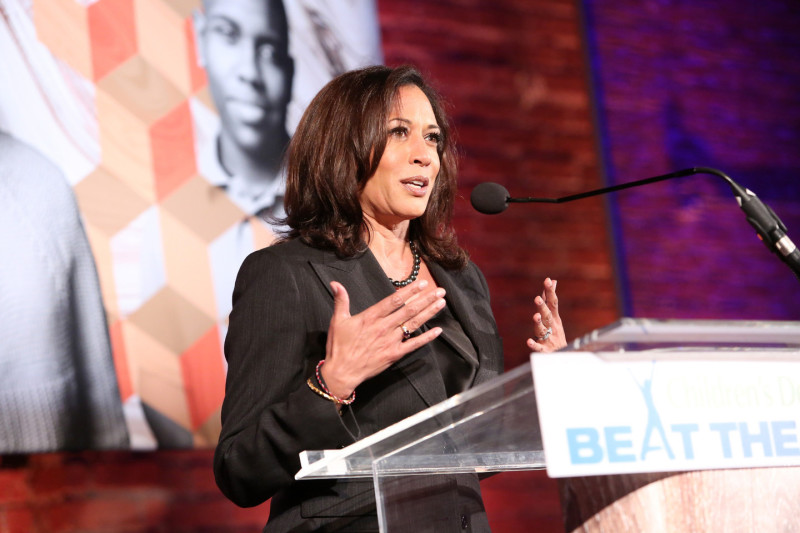California Attorney General Kamala Harris announced a package of law enforcement reform efforts Friday as local police agencies struggle to engender and maintain the trust of communities they patrol.
Harris made the announcement at the conclusion of a 90-day review concerning state-level training, bias and use of force (read below).
But new initiatives appear to go much farther than tweaking training for state Department of Justice special agents.
"As a career prosecutor," Harris said, "I know firsthand that the relationship of trust between law enforcement and the community is critical not only to public safety, but also officer safety. It's critical to having witnesses come forward. It's critical to having victims come forward. It's critical to having jurors sit as they deliberate on criminal charges to have the confidence in believing and knowing that justice occurs in our streets, and justice should therefore occur in our courtrooms."
The DOJ created a first-ever policy that "expressly prohibits bias on the basis of an individual’s race, ethnicity, national origin, gender, sexual orientation/identity, religion, socioeconomic status and/or age," according to an executive summary of the review. The department did not provide a copy of the policy referenced, and responded to KQED's inquiry seeking the policy with a copy of the executive summary.
